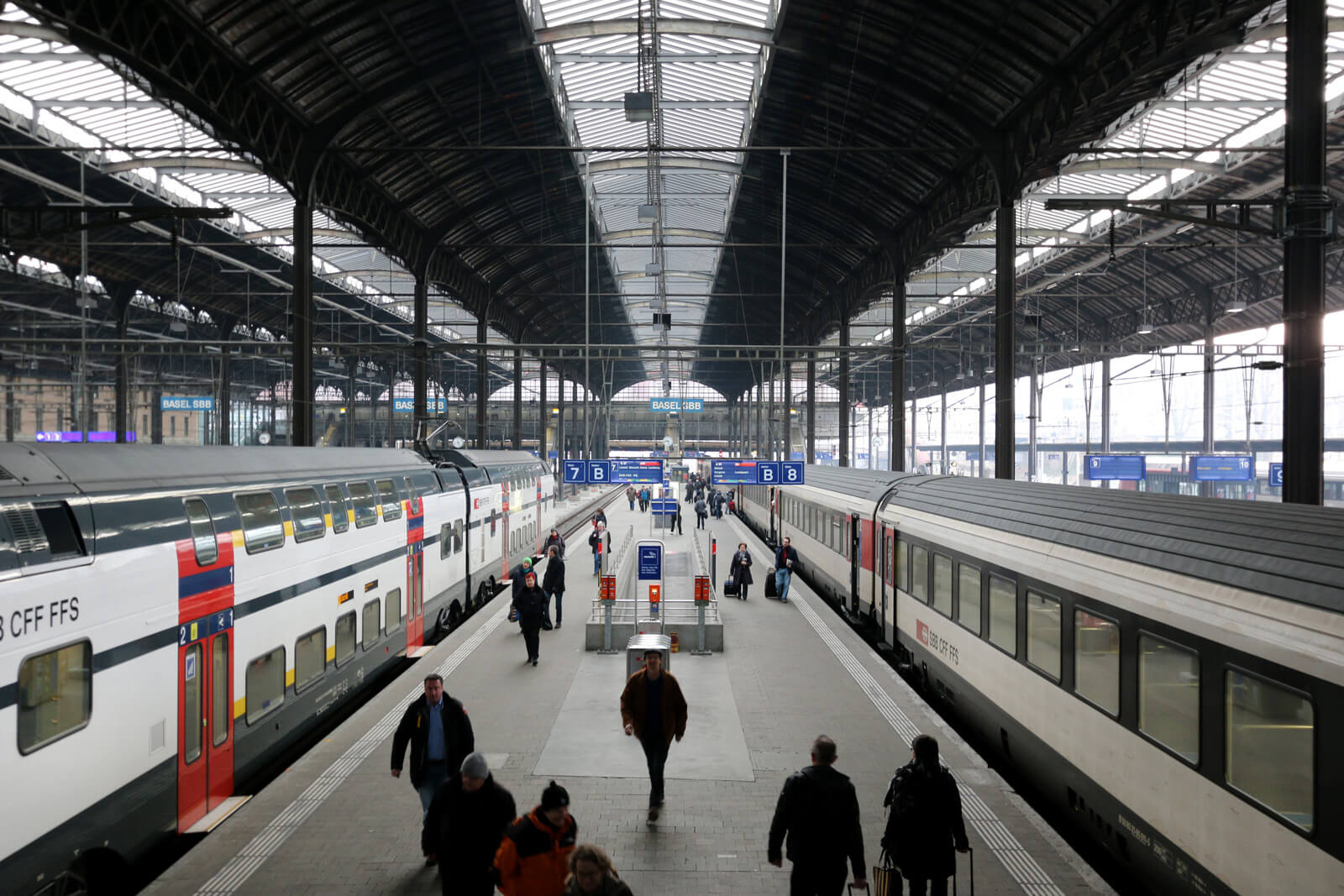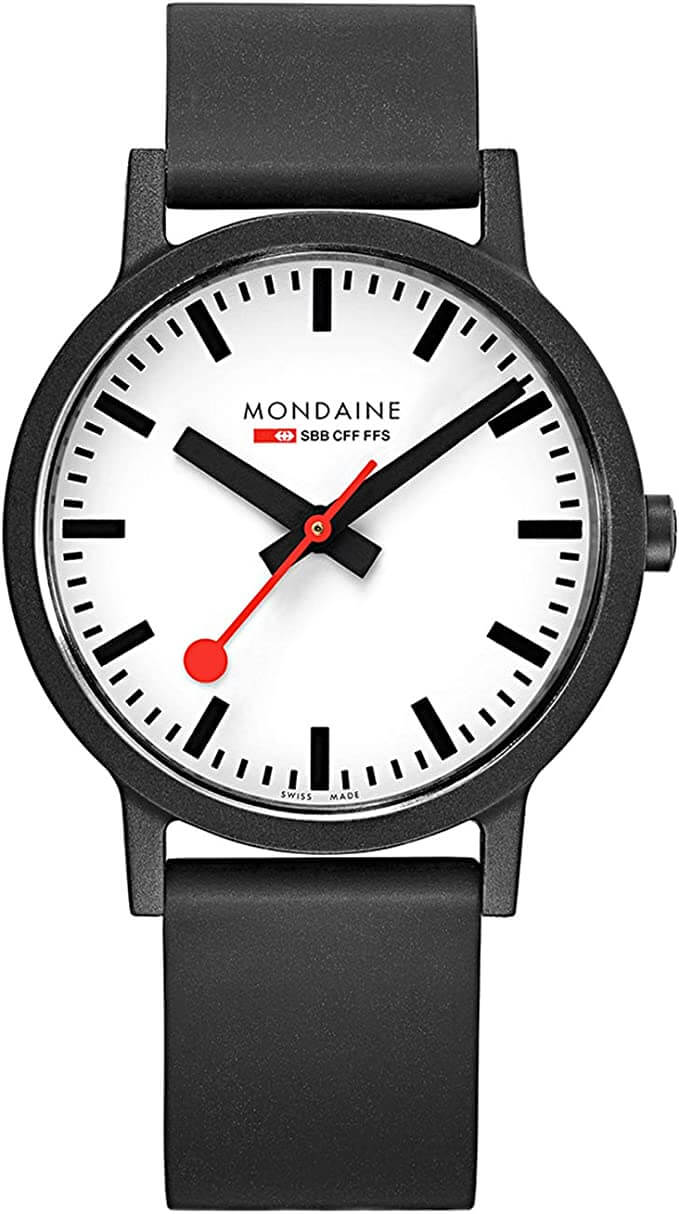What's the time in Switzerland?
The current time in Switzerland is 6:39 AM. This seemingly simple question gets a bit more complex in the country of watchmaking.
Our Spanish writer Sylvia researched this question many years ago when she first moved to Switzerland. Here's what she found out:
"It has been just three weeks since I left Madrid and moved to Zurich (I am truly Newly Swissed!), so I am still in a state of mind where even the most minor thing is new, surprising, beautiful, and sometimes complicated to me.

Telling time in Switzerland
The first thing that astonished me about Switzerland was the public transportation punctuality. I come from a place where "the train arrives at 13:15" means that you can expect the arrival between 13:10 and 13:20.
And when it comes to buses, one may take them at 13:15 and ask the driver whether that is the 13:00 bus or the 13:30 one and stay in everlasting doubt, because, of course, the only answer would be a kind of furious roar.
But here, it is all different. Here, "the train leaves at 13:02" means that it leaves at two past one. (Yes, apparently there is more than five, ten, or a quarter past…).
Not at three past or at one past. NO. At two minutes past the hour.
But OK, it is a train. It is all programmed. It seems possible. And the buses? Can someone please explain to me how a bus can arrive at 13:02? Aren’t there any streetlights? Traffic jams? Slow pedestrians crossing the street?
There are, but when it comes to timing, the Swiss have reached such a level of perfection that they can amazingly control that.

I am almost sure there are some public transportation workers who walk the dog slowly across the street so the 13:02 bus will not arrive at 13:01.
Just kidding. But seriously, if you move to Zurich, you should start paying attention to those small, useless-until-now lines on your watch between the numbers.
Telling time in the German language
Let me explain myself: in English, Spanish, French, Italian, etc., if I told you "it is half past one and we have to be somewhere at two", your brain would immediately tell you that you still have half an hour left.
In German, however, someone decided it would be more practical to say "es ist halb zwei" (it is "half two"), so what your brain would tell you is: "Oh my God, we’d better hurry up, we only have half an hour left, half of the time is already gone!"
Furthermore, the German language has a "fünf vor halb" and "fünf nach halb" strategy ("five to half", "five past half") to improve punctuality to the highest level ever.
Hear me out: I once read a study where they scientifically proved that when a non-German speaker starts learning German, they suffer a restructuring of the brain and become more organized. Have you ever seen how people in Zurich can hop on a bus through any door and still, everyone pays?
That's some respect.
And, once again, they owe it to the German language. That overly rigid, overly complicated syntax makes people need to listen to a whole sentence to be able to get the most important part of it.
This results in respect, which, among other consequences, results in being punctual the Swiss way.






